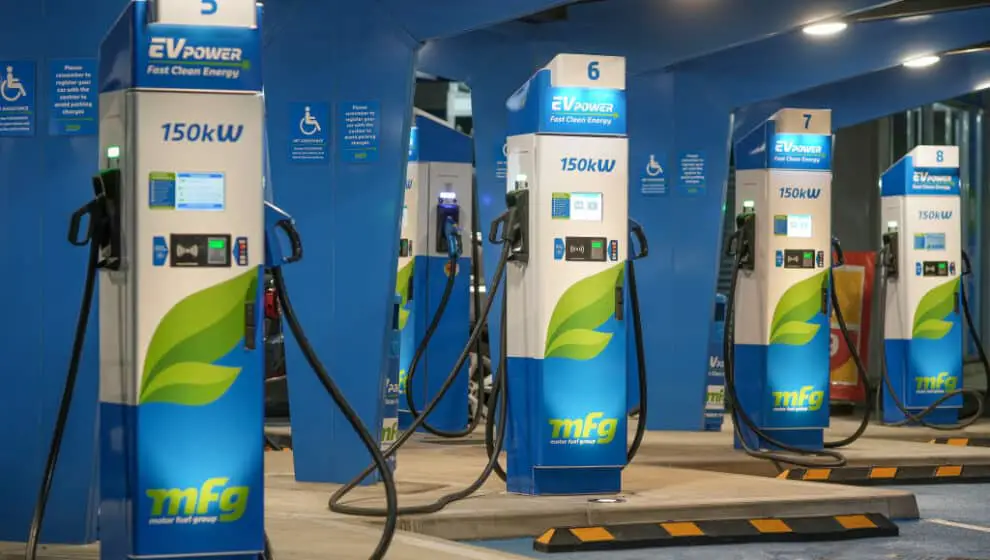Cities are racing to create electric vehicle (EV) charging networks to meet the escalating demand for battery-powered vehicles.
Key Details
- Cities across the U.S. are racing to add EV charging networks to keep up with rising demand.
- EVs make up around 6% of new vehicle sales, but the nation is lacking in charging infrastructure.
- To keep up with the demand and push more people to buy EVs, President Joe Biden passed a bipartisan infrastructure bill that will give states $5 billion over the next five years for highway chargers and $2.5 billion in grants for other community charging sites.
- Cities are getting creative with the new charging locations and building large charging sites to help EV numbers grow across the country.
Why it’s important
EVs have been growing in popularity worldwide, but one major thing holding back Americans from taking the full plunge into EVs—the lack of chargers.
The U.S. has a relatively small charging infrastructure which scares many people away from buying an EV due to fears of not having a place to charge.
Many people have stated that if the U.S. had a better charging infrastructure, it would make them more inclined to go electric, so now cities are rushing to put chargers in place.
“There’s a sense of urgency,” says Denver Mayor Michael Hancock. “We know we’ve got to get this infrastructure built out.”
Charging infrastructure is difficult to build, especially in larger cities where there is little land and what is available is expensive. Cities have been getting creative with new ways to build charging stations, including Los Angeles attaching charging stations to streetlights and Seattle, which has opted to make curbside chargers.
Many cities are also receiving grants from the government to build charging stations as part of the President’s plan to have half of all new cars sold to be electric by 2030. The money is being implemented, and the charging stations are going up quickly, but it will take time for it to be dispersed across the nation.
“There’s a lot of money on the table right now, and ample opportunity to improve the quality of life for communities across the country,” says Melendez Martineau of Plug In America.
